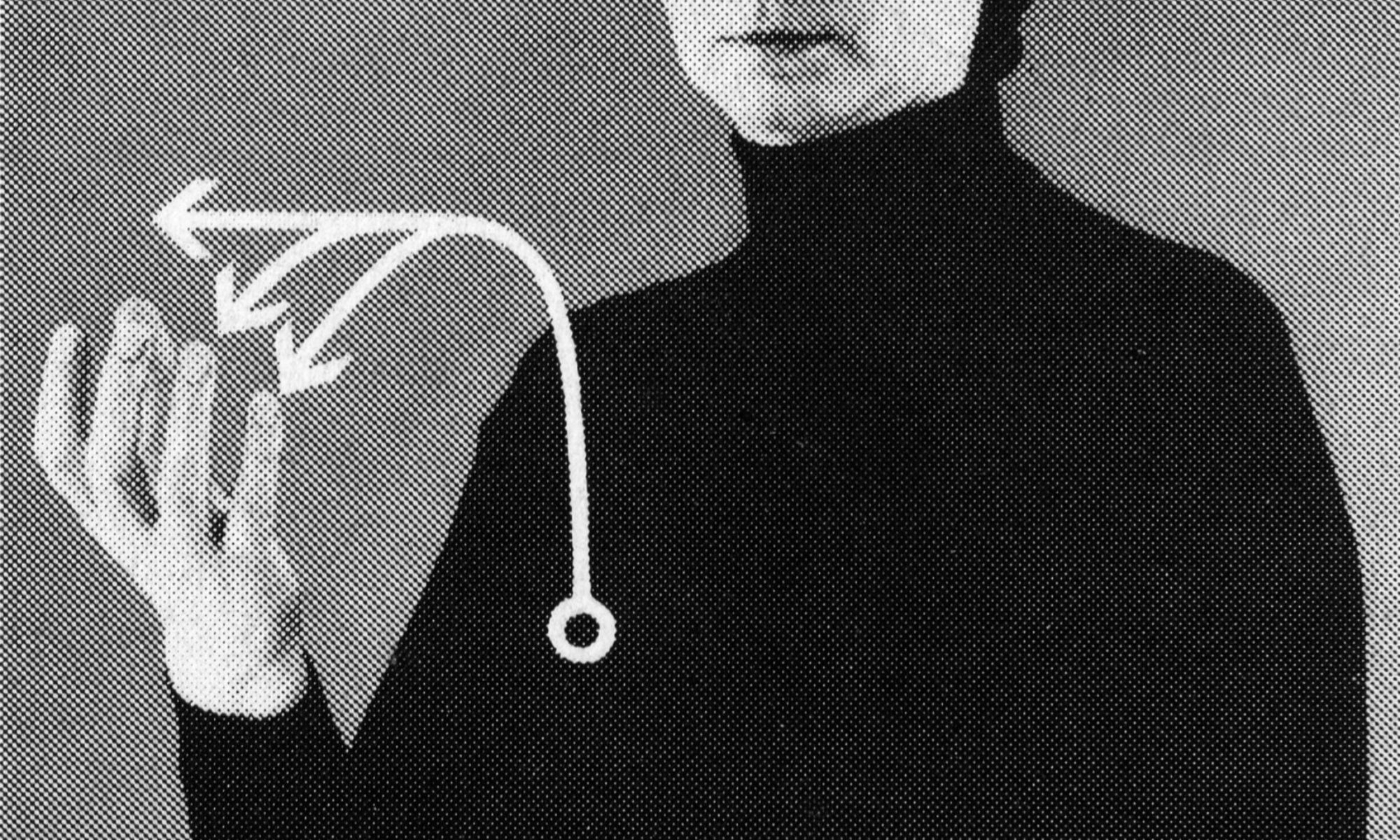Kein Scherz! Sie haben gewonnen! Sie müssen den sensationellen Hauptgewinn nur noch anfordern!
Willkommen im Land der ewigen Sieger! Sie haben soeben auf die Sonnenseite des Lebens gewechselt und die ewige Sehnsucht nach dem besseren Dasein hinter sich gelassen. Endlich ein Gewinner im großen Spiel sein, endlich einsteigen ins Big Business, ins Perpetuum mobile des endlosen Gewinns. Es trennt Sie nur noch ein Klick, eine Unterschrift auf dem Antwortcoupon vom Paradies.
Das Glück ist eine Imagination, der Klick und die Signatur sind eine letzte Abschreibung an die Welt der Materie, der Trägheit, der trostlosen Ansässigkeit. Wie der Buddhist irgendwann einmal das Fahrzeug aufgeben muss, das ihn an das Tor der Erleuchtung geführt hat, so muss der Kapitalist diese letzte Abschreibung, diesen letzten Verlust hinnehmen, um in das Reich der ewigen Gewinne zu gelangen. „Wer wagt, gewinnt!“ ist das erste Gebot der kapitalistischen Frohbotschaft.
Doch kaum setzt man zum großen Absprung an, greifen sie nach dir, halten dich gewaltsam fest, zerren dich wieder zurück in deine Fesseln. Es sind die ewigen Verneiner, die Gegner aller Lust und Freude, sie nennen sich „Eltern, Lehrer, Polizisten, Ärzte, Richter“. Ihr Credo ist die Sorge, ihr Antrieb ist der Neid.
Der Künstler gilt gemeinhin als ein Abspringer, als ein Vorkämpfer für die Selbstverwirklichung und das große Versprechen. Diese letzte Durststrecke hat er immer noch zu überwinden, bevor er zur Marke wird, zum Garanten endlosen Gewinns.
Albert Coers aber wechselt in seiner Arbeit Official Business überraschender Weise die Seite! Er wird freiwillig zum Vormund, zum staatlich bestellten Betreuer für einen, der vor dem letzten Absprung ins Paradies steht. Der Künstler als Verwalter, als Bedenkenträger, als pedantischer Verhinderer der großen Erlösung? Man muss es noch drastischer sehen: Hier agiert einer im Verborgenen, ein Big Brother gewissermaßen, der im staatlichen Auftrag Briefe abfängt, die aus dem Paradies geschickt wurden. Der Künstler wird hier Teil einer unheimlichen Verschwörung gegen das Glück. Fast schon zynisch mutet es an, dass er all diese Dokumente der durch ihn verhinderten Glückseligkeit archiviert und öffentlich ausstellt.
Die meisten Briefe wurden abgefangen, bevor sie den armen kapitalistischen Sisyphos überhaupt erreichen konnten, denn die Deutsche Post ist Teil dieser Verschwörung. Der blassgelbe Nachsendeaufkleber lenkt die Botschaft um, wie eine unsichtbare Firewall isoliert er den Gewinnsüchtigen von seinem Gewinn.
Die Gewinnbenachrichtigungen wurden nach Berlin umgeleitet, wohin der Künstler gezogen ist. Wohin sonst? An keinem anderen Ort trennt den Künstler nur so wenig vom großen Durchbruch. Nirgends ist er besser geschützt vor den Anfechtungen der großen Verhinderer. Hier lebt er – wie im Grunde wir alle – sein heimliches Doppelleben als Gewinnsüchtiger und Gewinnverhinderer.
Was, wenn alle Ausstellungsangebote, alle Exklusivverträge mit großen Galerien, alle Benachrichtigungen über erlangte Preise irgendwo in Bayern abgefangen würden; vielleicht gar von einem, den man betreut?
in: Albert Coers: I SOLITI TITOLI. Bielefeld: Kerber 2011, S. 66.

Gerhard Schebler: FIRST PRIZE!
No joke! You’ve won! Claim your fantastic prize today!
Welcome to the land of the perpetual winner! You have just switched to the sunny side of life and left the endless struggle for a better life behind you. Finally you can be a winner in the big league, a player in big business, and a part of the constant momentum of limitless profits. You are just a click and a signature on the answer coupon away from paradise.
The luck is imaginary; and the click and signature are a last goodbye to the world of the material, to inertia and bleak existence. Just as the Buddhist has to relinquish the vehicle which brought him to the gate of enlightenment at some point, the capitalist has to take this write down, this loss, in order to reach the wealth of the limitless profits. ‘He who dares, wins’ is the first commandment of the capitalist gospel.
Just as you attempt to move on, they are already trying to hold you back, pin you violently down and enchain you once again. It is the nay-sayers, those opposed to all forms of desire and happiness. They call themselves ‘parents, teachers, police, doctors and judges’. Their creed is worry, and their motivation is envy.
Artists are often seen as people who bounce back, as pioneers of personal development and the promise of something new. He still has to make it through the last rough patch, before becoming a brand, and reaching guaranteed limitless profit. With his piece Official Business, Albert Coers unpredictably switches sides! He freely becomes a custodian, a state appointed guardian for those standing before the last step up to paradise. The artist as administrator, notorious sceptic, a pedant holding back from salvation. One has to see it even more drastically; here is someone acting covertly, a kind of ‘big brother’, contracted by the state to intercept letters from paradise. In this situation the artist is part of a sinister conspiracy against happiness. It appears almost cynical, that the artist takes this blissful happiness that he has intercepted, archives and then exhibits it.
Most letters were intercepted before they could even reach the hands of the capitalistic Sisyphus, as the Deutsche Post is part of this conspiracy. The pale yellow forwarding sticker turns the dispatch round, like an invisible Firewall, it keeps the profit obsessed from their profits.
The details of the winnings are diverted to Berlin, where the artist is living for the time being. Where else? In no other place are the artist and his big break separated by so little. Nowhere is he better protected from the objections of those who hold you back. Here he lives, as we all do, a secret double life, at once obsessed and repulsed by profit.
What will be then, when all the offers of exhibitions, exclusive contracts with big galleries and notices of prizes have been sent down to somewhere in Bavaria: maybe even by someone, whom you supervise?
from: Albert Coers: I SOLITI TITOLI. Bielefeld: Kerber 2011, S. 68.

